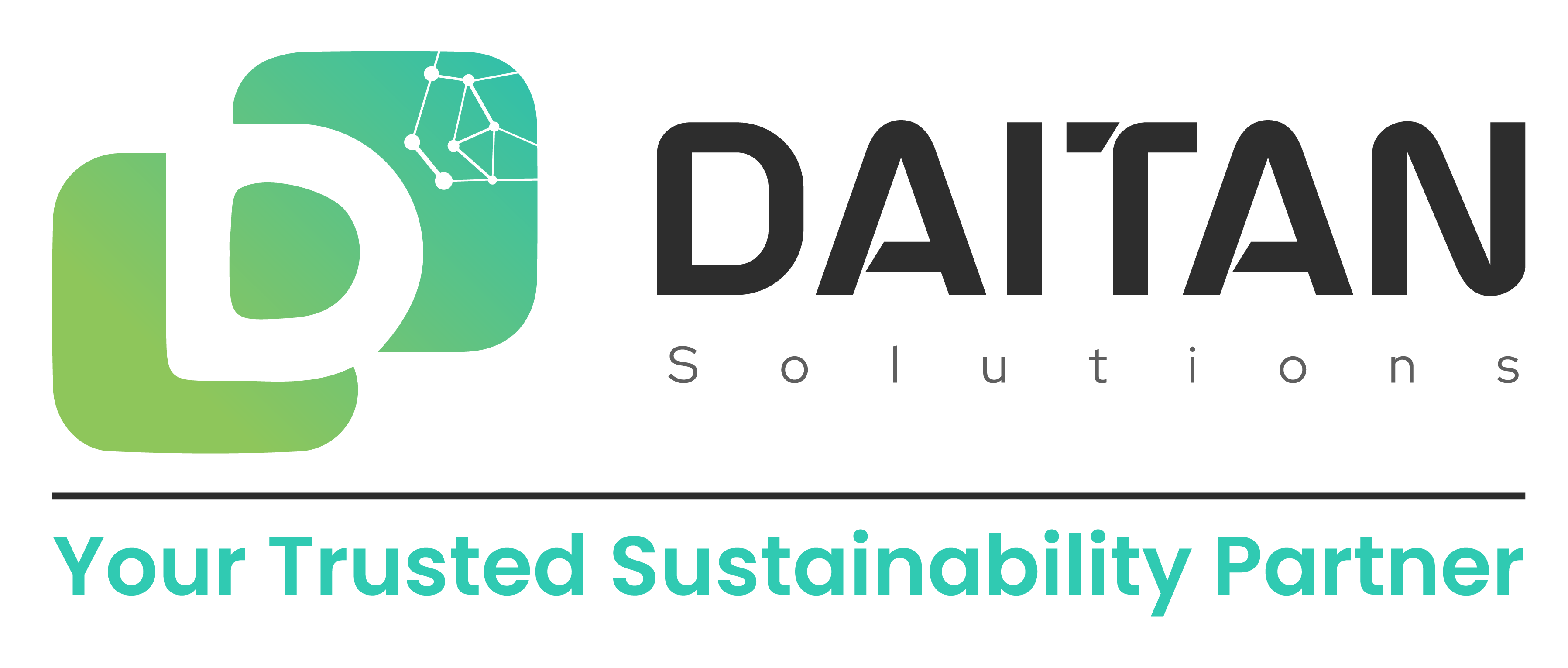The high electricity prices in Pakistan underline why residents must learn about energy efficiency and get expert evaluations.
The home energy audit represents a vital instrument through which residents can reveal their energy usage behaviors and detect performance inefficiencies, enabling them to introduce performance improvements.
The practice of conducting home energy audits generates dual advantages: It decreases electricity costs while elevating residential comfort and supporting ecological preservation.
Enhancing Home Energy Efficiency
The main purpose of executing a home energy audit is to enhance total energy efficiency. Most residences contain secret energy waste sources, including air leakages combined with poor wall insulation and old appliances, which consume substantial energy.
Audits conducted by professionals evaluate such factors utilizing thermal imaging and blower door test techniques. Professional auditors help identify house energy inefficiencies, enabling residents to seal leaks while adding insulation and upgrading their appliances for better energy efficiency.
Reducing Energy Costs
Escalating electricity bills in Pakistan compel homeowners to find ways to control their energy bills. Energy audits show homeowners the exact points of energy leakage so they can apply specific measures to lower utility expenses.
The audit process enables the detection of excessive costs from outdated air conditioners and inefficient lighting systems. Homeowners who install energy-efficient equipment maintain the same level of comfort by achieving long-term energy bill savings.
Identifying and Fixing Energy Waste
Professional audits of your house will locate all the places that waste energy. Drafty windows, unsealed doors, inefficient heating and cooling systems, and electric devices that stay turned on when not in use can cause various energy problems.
These problem solutions save electricity and produce longer durations for household devices. A combination of basic measures such as smart power strip installation, regular maintenance of electrical systems, and programmable thermostats will substantially minimize waste.
Improving Indoor Comfort
The relationship between home comfort and energy efficiency remains very strong. Living space becomes challenging when insulation is insufficient and uneven heating or humid conditions are present, which drives up general energy utilization.
Home energy auditors measure the ventilation circulation alongside insulation and environmental air quality assessments for peak comfort levels.
By installing window and door seals, homeowners can stop draft circulation, while replacing old HVAC systems with modern units helps create better temperature management. In a prepared home environment, users no longer need to utilize their heating and cooling systems heavily.
Environmental Benefits and Sustainability
Cost savings are just one advantage of energy conservation, yet the most important benefit stems from decreasing carbon emissions. The environment suffers due to greater carbon emission levels that result from excessive energy consumption.
An audit promotes sustainability through the promotion of efficient appliances, responsible energy use, and renewable power sources. Energy security and environmental sustainability are matched through LED illumination, solar technologies, and wall insulation installation.
What to Expect from a Home Energy Audit
Preliminary Assessment & Consultation
A home energy auditor starts the audit process by collecting vital information about the house before the evaluation begins.
The auditor examines the home’s physical attributes and evaluates its past energy use by measuring its dimensions, building materials, and insulation quality. House owners must provide utility bill documentation to help the auditor analyze energy consumption patterns.
A preliminary discussion helps the auditor evaluate comfort problems while planning specific assessment methods according to your requirements.
Blower Door Test for Air Leaks
The blower door test is among the mandatory diagnostic instruments technicians employ. To enhance the identification of leaks by decreasing air pressure, the auditor mounts a strong fan at an exterior door.
The test uses powerful fans to evaluate all door, window, and wall gaps, which let energy escape from the home. Homeowners gain clarity through auditor evaluations regarding precise locations where air sealing will deliver better efficiency and cost savings in heating and cooling.
Infrared Scans to Detect Hidden Issues
The inspection device uses infrared technology to read surface temperatures on all room surfaces. The technique makes visible holes in wall insulation together with air leakage sites. The infrared system detects unseen system problems that tend to drain homeowners’ energy funds through heat escape.
Ductwork & Ventilation Assessment
Proper duct sealing, together with adequate ventilation, remains essential to protecting indoor quality and efficiency. Auditor inspections of air ducts check for leakages and inspect both the general insulation quality and blockages that cause energy wastage.
A proper inspection includes assessing exhaust fans and attic vents to check airflow patterns and prevent moisture accumulation that may cause mold and structural damage.
Customized Report & Energy-Saving Recommendations
After conducting the audit, the homeowner obtains an entire report containing observations and proposed enhancement suggestions.
The auditor provides specific recommendations, from applying leak-sealing materials to installing better insulation reps, lacing outdated appliances, and buying home systems for homeowners.
The adapted solutions attain three main objectives: comfort improvement enhanced s, sustainability goals, and reduced energy expenses.
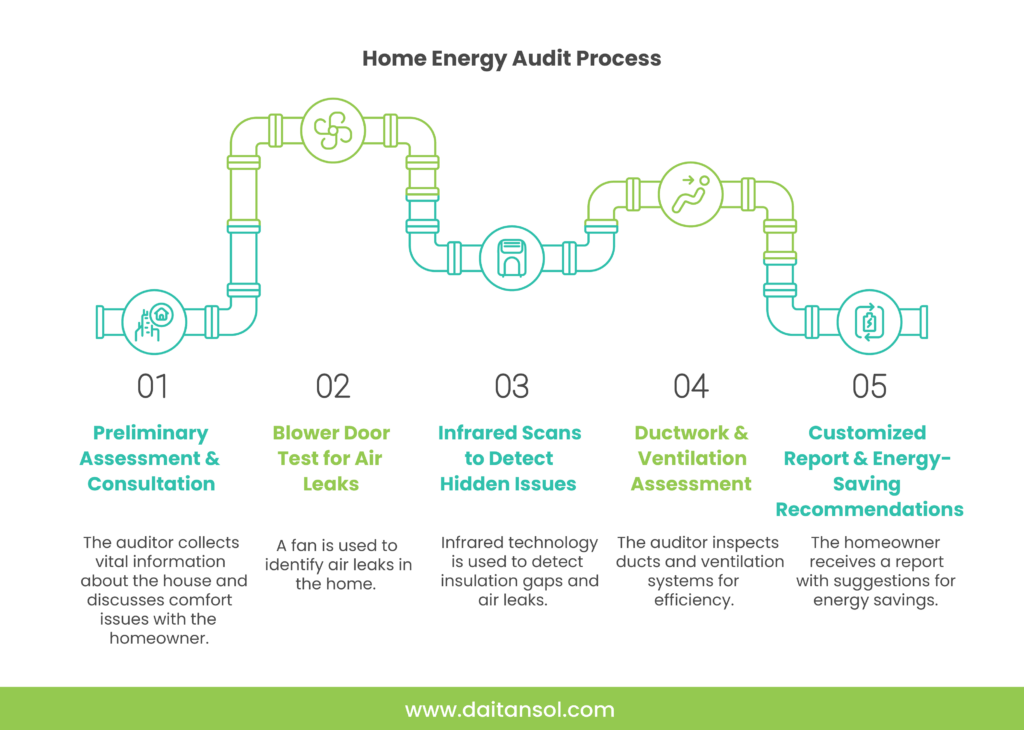
Benefits of a Home Energy Audit
A home energy audit is a critical process for evaluating the energy consumption practices within a particular home. It involves analyzing home insulation, air infiltration, the HVAC system, and appliances, which gives the homeowner information on how to make the home more energy efficient.
An energy audit does much more than save money, as there are long-term financial, environmental, and even health outcomes of its implementation.
Lower Energy Bills & Increased Savings
A home energy audit is particularly useful in achieving this goal since it can lead to lower energy costs. Specifically, a professional audit entails recognition of components where energy is considered to be used up, such as proven leaks, failure to use insulation, and unsuitable appliances
If adopted, these measures should result in annual energy reductions of 5% %- 30%, depending on the number of measures adopted. In Pakistan, where electricity rates, an energy conservation home means a lot since it increases electricity
usage through Rebates & Incentives
Some governments and various utility companies have instituted rebates or subsidy programs for people who opt to upgrade their homes to energy-efficient ones. In Pakistan, facilities or equipment such as solar systems, LED lamps, and thermal insulation can be eligible for rebates.
The good thing about an energy audit is that it makes the homeowners aware of these opportunities, and the household takes advantage of the discounts and support programs.
Improved Home Comfort & Indoor Air Quality
A home energy audit improves a home’s comfort by addressing inequality in temperature and related challenges in ventilation. Fixing gaps and insulating homes will enable them to retain internal temperatures better, thus putting less pressure on HVAC machines.
Audits also pinpoint specific causes of polluted air, such as mold, high humidity, and poor or inadequate ventilation. After two months of the project, the indoor air became cleaner, thus reducing people’s health hazards, such as respiratory diseases and allergies.
Environmental Benefits & Sustainability
Energy conservation goes a long way in decreasing the CO2 emissions characteristic of a given home. Through the aspects outlined above, homeowners reduce the use of fossil-generated electricity, hence reducing greenhouse gas emissions.
In Pakistan, energy supply remains a problem; therefore, any amount that can be saved will help minimize the strain on energy sources.
Renewable energy sources, such as solar panels and efficient heaters, not only support long-term environmental goals but also help save costs.
Expert Insights for Long-Term Efficiency
Professionals use sophisticated equipment, such as blower doors and infrared cameras, to identify problems that may be difficult for unprofessional people to see.
Their work involves professional approaches to evaluating homes and recommending the best upgrades that each homeowner can afford.
It is agreed that investing in an audit increases its efficiency for the long term and improves the value of the property manifold because it would be’ resilient to most natural and man-made invasions.’
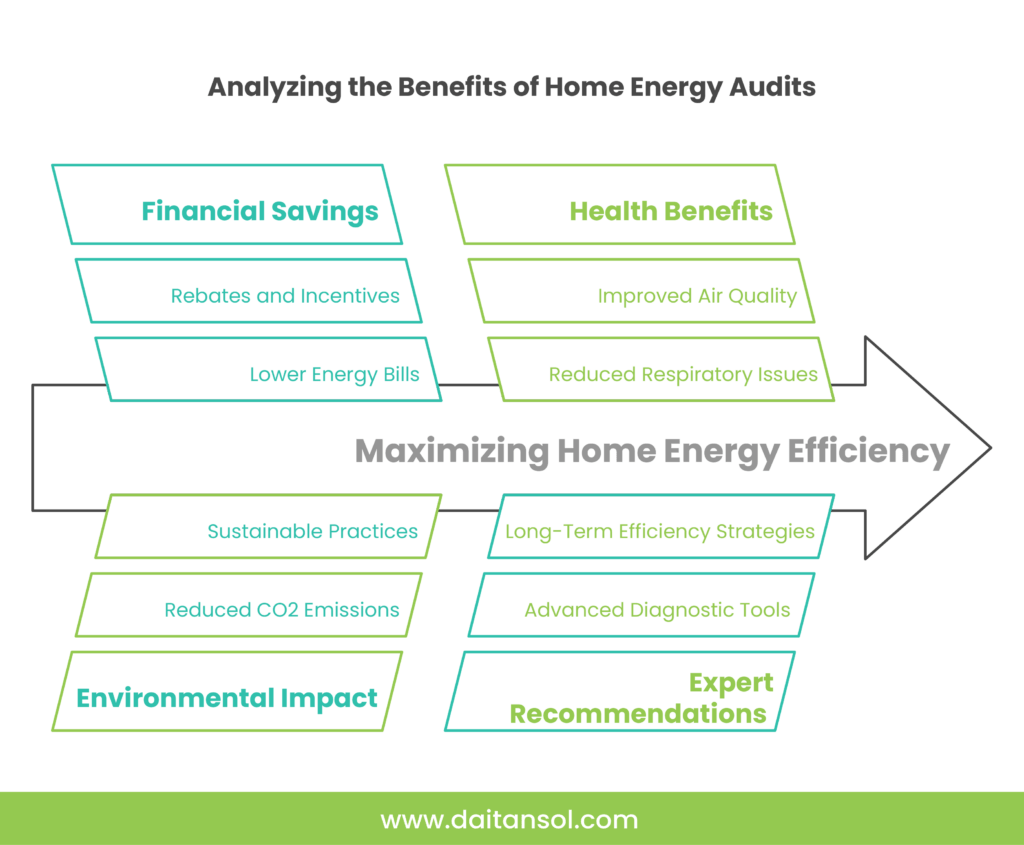
Preparing for a Home Energy Audit
Collect Utility Bills & Energy Usage Data
Get electricity and gas bills from the past year before the audit. The auditor uses these documents to analyze energy consumption trends and identify inefficiencies.
For times when usage has been unusual, observe what alterations in household routines or equipment may have caused an increase. Tailoring recommendations can also be provided based on details of past energy-efficient upgrades, such as insulating improvements or new appliances.
Find Comfort Issues and Energy Concerns
Ask homeowners to describe specifically the comfort problems they’re addressing, such as drafty rooms, inconsistent temperatures, or high levels of humidity. If some areas in summer or winter feel too hot or too cold, the auditor can investigate insulation and airflow issues.
Be mindful of worn-out air conditioners or water heaters that are not performing well. By identifying concerns in advance, one can focus attention more narrowly on the assessment.
Give Easy Access to Critical Areas
The auditor will need to check the attic, basement, crawlspaces, and utility rooms of the home for which they are to be audited. Get to facilitate a thorough evaluation by moving clutter out of these areas, clearing it, and moving furniture away from vents, electrical panels, and windows.
You can also unlock gates or outdoor access points and secure pets to keep them distracted during testing.
Pakistan Research Incentives & Government Programs
Finally, homeowners in Pakistan can consider government subsidies or rebates for energy savings through energy audits and upgrades. Some programs provide financial assistance for solar panel installations, insulation improvements, or energy-efficient appliances.
You can check incentives from local utility providers to help reduce the cost of the recommendations. Homeowners can ask the auditor for available grants that maximize potential savings.
Prepare Questions for the Auditor
Ask that they write down any concerns about energy efficiency and ask how costly such upgrades are. Find out what impact insulation, sealing your windows, smart home technology, etc., has on energy savings.
Get more information about what can be done yourself and what requires an expert intervention. Homeowners who understand the process through the follow-up steps of the audit can enable them to make informed decisions regarding the energy efficiency of their homes.
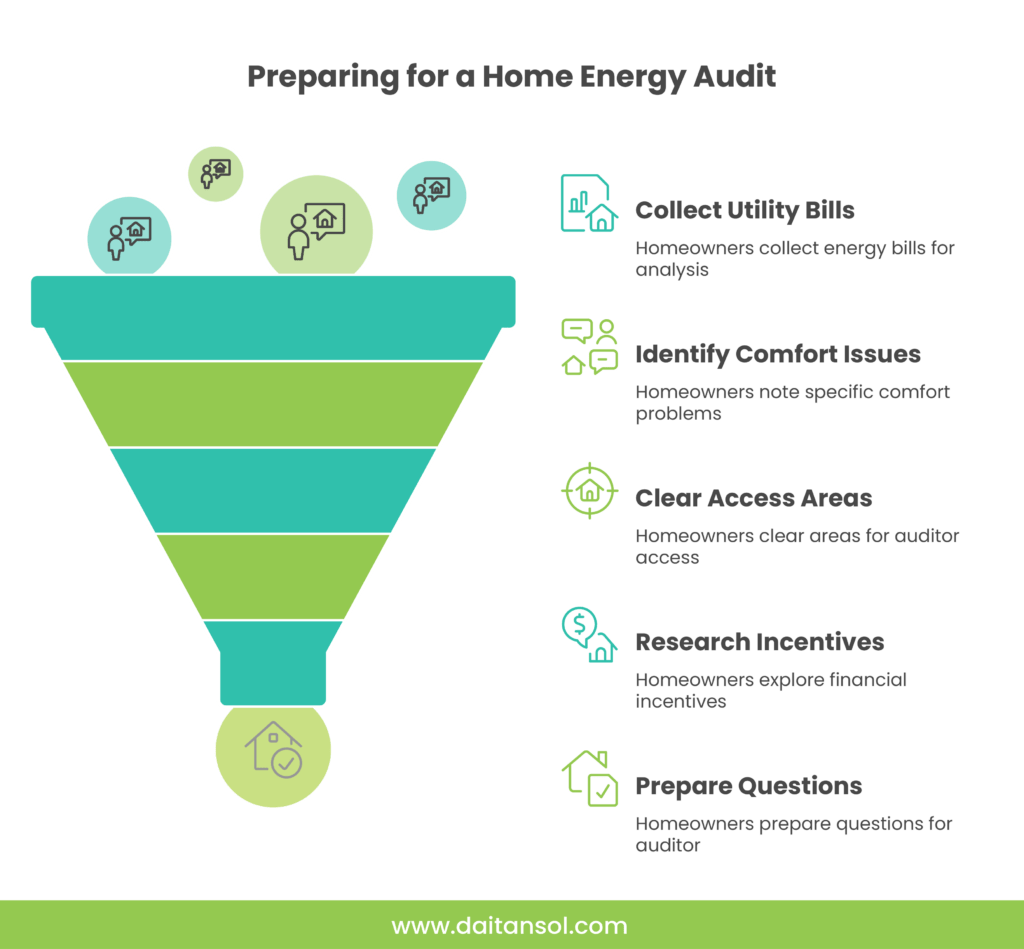
Post-Audit Recommendations and Next Steps
Once a homeowner has conducted a home energy audit, he or she is given a report with a list of recommendations, with the purpose of every single recommendation being to improve energy efficiency and reduce energy costs, though in some cases, with an emphasis on the level of comfort.
They are more immediate and propose changes that would probably be implemented in the home within the shortest time possible.
Such improvements are important for old houses mainly because these structures are characterized by problematic issues of insulation, leakage, and antiquated systems.
Insulation Upgrades
One of the most recommended actions when carrying out an energy audit is to upgrade the level of insulation in one’s home. The major problem of heat loss in older homes is attributed to poor or outdated insulation.
- The weatherproofing in the walls, attics, and basements erodes over time, causing unnecessary drafts and variations in temperatures.
Hence, the auditor recommends that more insulation be added to these places to prevent the flow of heat in the cold season and keep the house cool during summer.
This is especially useful in a house with thin partitions or little or no insulation in the attic space, where the temperature is constantly changing, making the climatic control system work constantly.
Air Sealing to Eliminate Leaks
Another common problem pointed out during the audit is air leaks. Other areas, such as gaps around doors and windows, as well as chinks in vents and air ducts, enlarge the amount of loss of conditioned air hence making the HVAC work harder to maintain normal temperatures.
This is especially true in old house constructions, where gaps may exist along the frame of the windows and doors. The auditor will suggest sealing these gaps with caulk, weather stripping, or replacing old seals.
Proper air sealing also contributed to energy efficiency since there were no cold drafts that would interfere with the consistent indoor climate.
HVAC System Upgrades
However, it is imperative to understand that many homes, especially older ones, have old and inefficient HVAC systems. Some are even energy-wastage systems, more costly than required and infamous for their poor heat or cool air circulation.
A particular recommendation that may come out after the audit may be to switch to a higher-efficiency system, which may involve a heating system such as a High-Efficiency Furnace or programmable thermostat system.
Sometimes, it may be recommended that the existing system be maintained to improve its performance; this includes cleaning ducts or filters and checking whether the HVAC is matched to the size of the house.
A repair or update can help to add considerable years to an HVAC’s life expectancy and enhance its efficiency.
Appliance and Lighting Upgrades
An audit can also identify ways to replace some appliances with new models that use less electricity.
- This could be done by replacing them with energy-efficient models, such as Energy Star-labeled refrigerators, washers, and water heaters, among others, that use less energy and are effective.
Furthermore, the auditor may suggest that newer light bulbs, such as LED lights, use far less power than traditional ones and have a longer lifespan.
While these alterations may not be as comprehensive as those involved in insulating or retrofitting the HVAC system, they can eventually have a noticeable effect on the household’s energy expenses.
Ongoing Energy Management and Follow-Up
It’s equally essential for homeowners to consider energy efficiencies once recommended improvements are made on their properties.
- This ranges from ignorance of possible ways of maintaining the HVAC by occasionally replacing different filters, installing proper insulation, and occasionally inspecting for new openings for air to escape through.
According to many auditors, follow-up audits should be conducted after a few years to check the home’s energy efficiency. In the same way, a homeowner can install smart home technologies like smart thermostats and energy monitoring systems, among others, to monitor and manage energy regularly.
With these tools, one can monitor power consumption and the amount of energy saved in the shortest time possible.
FAQs
What Is The Energy Audit Of The Home?
A home energy audit is a survey that aims to determine the level of energy usage in a home and the manner in which the energy is being used. The procedure usually involves checking the insulation of the house, sealing gaps in doors and windows, checking home appliances, and checking heating, ventilation, and air conditioning systems, commonly referred to as HVAC.
How to check home energy?
Reading your utility bills to see the pattern of energy use over a certain period of time can help you check home energy. Secondly, check for accessibility and appearance for problems such as drafts, old insulation, and old appliances. Be sure to check areas that can be considered leakages in your house, such as around the windows or doors.
How to conduct a personal energy audit?
You might want to perform some minor tests before you hire professional help, like inspecting door and window perimeters and other air vents for leaks. Air leaks should be plugged using weatherstripping or caulking; additionally, the insulation in the attic and the wall should be checked.
What is the standard energy audit?
A typical home energy audit done by a professional evaluates the state of energy conservation in a home comprehensively. Usually, the energy audit is performed by Certified Energy Auditors, and the regular equipment they use includes the blower door test, the thermal image scan test, and so on to establish the air change rate, insulation level, and appliances’ efficiency level, respectively.
Should I get an energy audit?
Getting an energy audit for your home is an excellent decision if you want to improve efficiency, save money, and increase comfort. Companies like Daitan can help homeowners understand how their homes consume energy and advise on ways to upgrade to save on costs.
Where can I find a reliable home energy audit service in Pakistan?
If you’re looking for a professional home energy audit in Pakistan, Daitan Sol offers comprehensive assessments tailored to your home’s unique needs. Our experienced team uses specialized tools such as blower door tests and infrared scanners to detect air leaks, insulation gaps, and other energy inefficiencies. With Daitan Sol’s custom recommendations, you’ll have clear steps to enhance comfort and lower energy costs.
